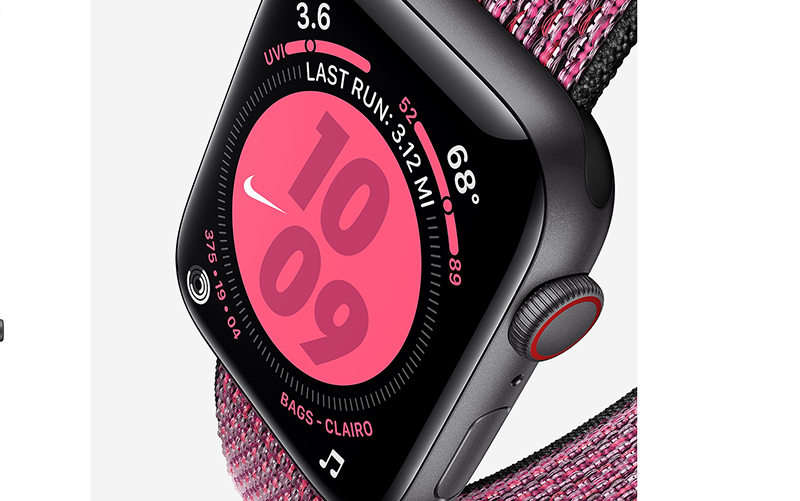Engineers at Duke University have shown that while different wearable technologies, like smart watches and fitness trackers, can accurately measure heart rate across a variety of skin tones, the accuracy between devices begins to vary wildly when they measure heart rate during different types of everyday activities.
“We started this study because we were seeing some evidence, both in research and anecdotally, that indicated that wearable devices weren’t working as well for people with darker skin tones,” said Jessilyn Dunn, an assistant professor of biomedical engineering at Duke. “People would compare a reading on a chest strap to their smart watch and get different heart rate values. The companies that manufacture these devices don’t put out any metrics about how well they work across skin tones, so we wanted to collect evidence about how well they work and identify potential circumstances where they may not work well.”
The researchers tested heart rate sensors for six of the most popular devices on the market: the consumer-targeted devices Apple Watch, Fitbit, Garmin and XiaoMi Miband and research-grade devices Empatica E4 and Biovotion Everion. They recruited 53 participants with different skin tones to test the six different devices. To establish an accurate baseline, each participant wore an electrocardiogram (ECG) patch to measure their true heart rate during each activity, reports Duke Pratt School of Engineering.

Although the heart rate measurements were more accurate at rest than during activity, each tested device reported a higher heart rate than the ECG during physical activity across all skin tones. The team also found that the commercial devices were more accurate at measuring heart rate than the research devices. Maintaining the sensor’s contact with skin can also improve device performance, as the sensor can wiggle around and catch motion artifacts if it’s too loose, said the Duke report.
Read more Medical Professionals Shouldn’t Dismiss Apple Watch’s New ECG App, Here’s Why
“We’ve shown that we have equivalent-enough accuracy that we’re not worried that there is a disparity due to skin tone in these devices, but we’re hoping this puts out the call to companies that make wearables to share more information about how they evaluate the devices so that disparities can be more readily identified and corrected,” Dunn said.
Overall, the Apple Watch demonstrated the most accurate measurements of all tested devices, followed by Garmin.
The study results appear online in the journal NPJ Digital Medicine.












